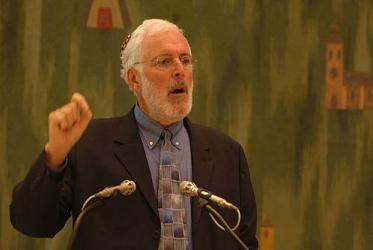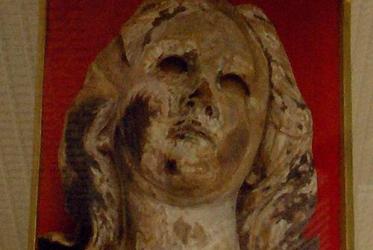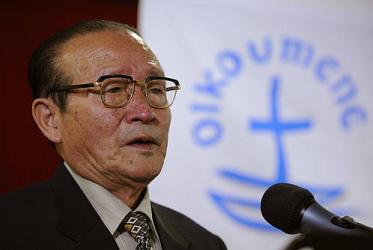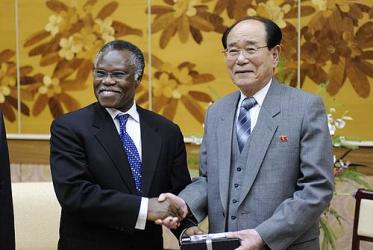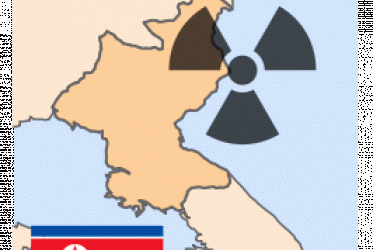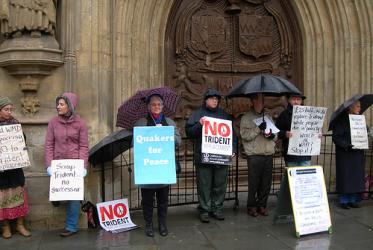Displaying 721 - 739 of 739
Gaza panel calls for freedom from the “prison” of territorial isolation
30 September 2010
Looking for peace with justice
19 May 2010
WCC presses for US-North Korea talks
12 November 2009
World leaders get church backing on nuclear disarmament
02 November 2009
Churches support Korean reunification at Hong Kong consultation
22 October 2009
